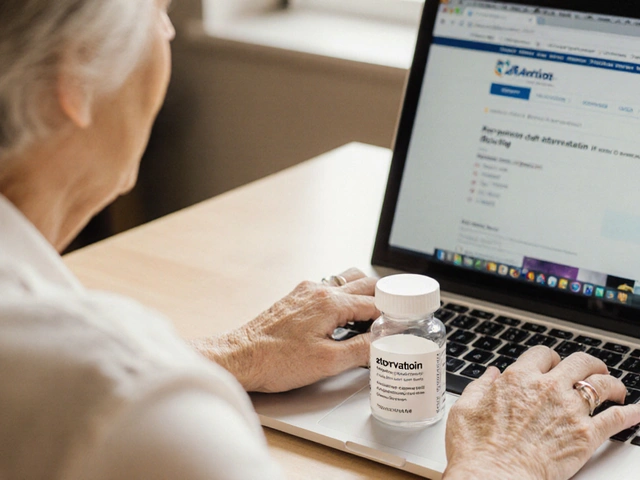Long COVID: What to Watch For and How to Start Feeling Better
If your health never quite returned after a COVID infection, you're not imagining it. Long COVID can leave you drained, foggy, breathless, or dizzy for weeks or months. That feels baffling and unfair, but there are practical steps you can try right away to reduce symptoms and regain control.
Common symptoms and quick checks
People with long COVID often report fatigue that won’t go away, brain fog (trouble concentrating or remembering), shortness of breath, fast heart rate or palpitations, sleep problems, and new or worsening anxiety or depression. Some also have joint pain, headaches, or loss of taste and smell. Keep a simple symptom diary for two weeks — note what gets worse, what improves, and any triggers like activity, heat, or stress. That record helps your doctor and keeps you from guessing.
Watch for red flags: sudden chest pain, severe shortness of breath, fainting, or signs of stroke (face droop, arm weakness, trouble speaking). Seek urgent care for those.
Practical daily strategies that often help
Pacing beats pushing. Break tasks into short chunks with rest breaks. Use a timer: 20–30 minutes of activity, then 10–20 minutes rest. Avoid the “boom and crash” cycle where you do too much on a good day and pay for it the next day.
Slow, guided movement helps more than intense exercise early on. Gentle walks, stretching, and basic mobility work can keep muscles and lungs active without triggering crashes. If you get dizzy, experience a racing heart, or feel worse after mild effort, tell your clinician — you might have autonomic dysfunction (like POTS) and need a tailored plan.
Sleep and stress matter. Keep a consistent sleep schedule, limit screens before bed, and try relaxing routines such as breathing exercises or short guided meditation. For mood changes, talk therapies and peer support groups are useful; many people find validation and practical tips from others with long COVID.
Small medical checks often help: simple blood tests (iron, thyroid, vitamin D), pulse and blood pressure sitting/standing, and oxygen levels if breathless. Your GP can rule out other causes and refer you to post-COVID or rehab services when needed.
Consider pulmonary rehab if breathlessness limits daily life — supervised breathing work and training can make a real difference. For cognitive problems, occupational therapists can suggest memory tricks and workplace adjustments like shorter shifts or flexible hours.
Vaccination reduces the chance of developing long COVID and may ease symptoms for some who are already affected. Discuss the pros and timing with your doctor.
Finally, be patient with progress. Recovery often comes in small steps. Track what helps, ask for support from family or your employer, and keep medical appointments. If you're stuck, seek a specialist clinic or a rehab program that understands post-viral conditions — the right team can change how you feel day to day.

Potential Benefits of Anti-Herpes Drug Valtrex for Long COVID Symptoms Explored
Exploring the potential of anti-herpes drug valacyclovir (Valtrex) in alleviating long COVID symptoms like brain fog based on personal experiences and expert suggestions. The drug's impact on cognitive function improvement is discussed along with hypotheses and calls for further research.
Detail



